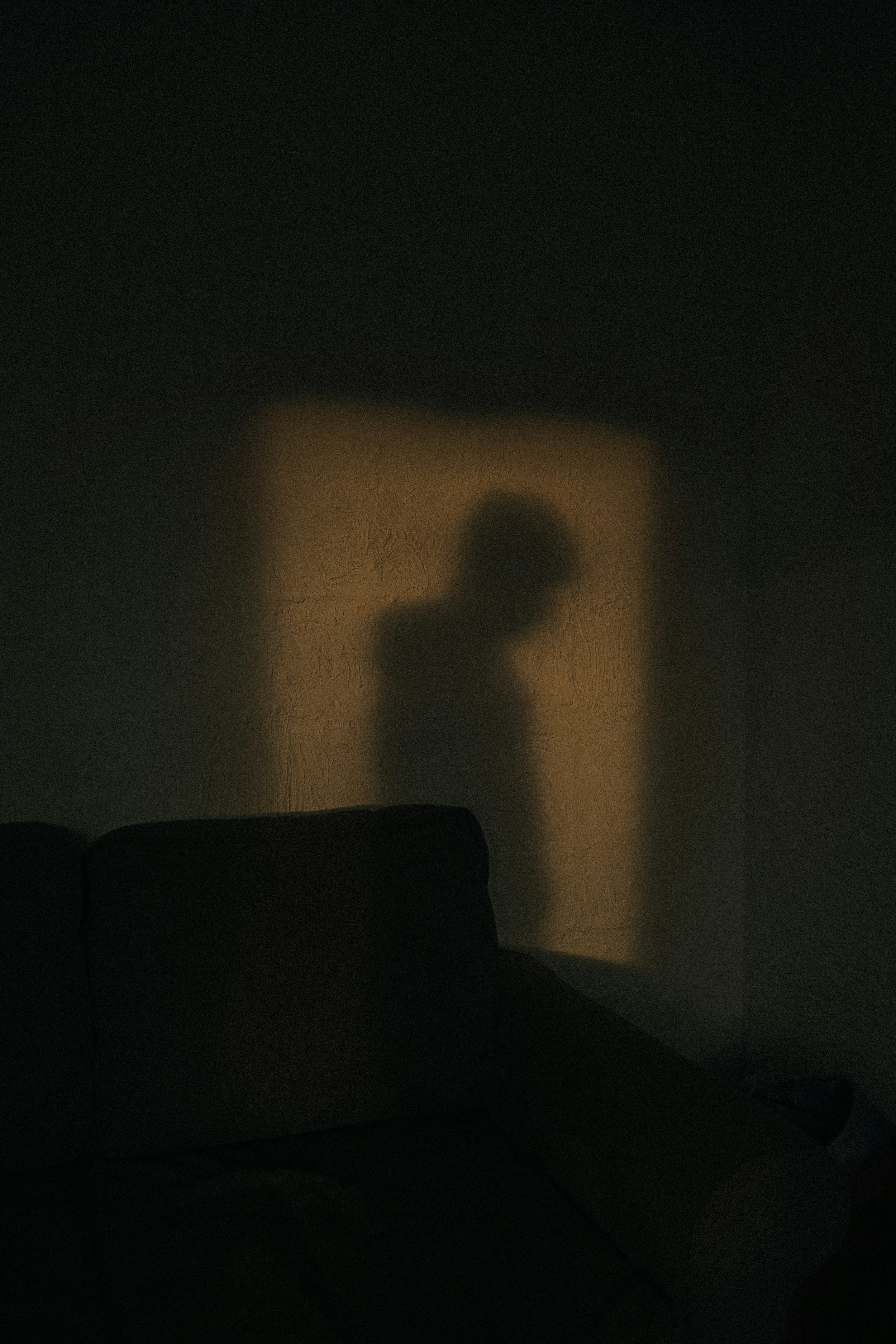When You’re the First One in Your Family to Go to Therapy
Photo by: Majestic Lukas
There’s a particular kind of loneliness that comes with being the first one in your family to sit on a therapist’s couch. It’s not just about explaining your feelings. It’s about translating an entire worldview. About breaking open ways of coping that generations before you needed just to survive.
Nobody talks about how heavy that is.
You’re not just going to therapy for yourself. You’re going for everyone who didn’t have the language. For the people who swallowed their grief because rent was due. For the ones who told you to pray harder, or get over it, or not bring shame to the family by telling strangers your business.
So when your therapist asks you, “How does that make you feel?” what rushes in isn’t just your own sadness—it’s the collective exhaustion of a lineage that learned how to bury feelings deep enough to function.
And let’s be real: even deciding to start therapy feels like betrayal sometimes. Like you’re stepping out of line. Like you’re airing out family secrets that were never supposed to see daylight. There’s guilt. There’s questioning. There’s the internal tug-of-war between loyalty and survival.
We were taught to cope in ways that made sense for the time. Silence was protection. Anger was safety. Denial was how you kept going. Therapy asks you to peel that all back. To say things out loud that were never supposed to be spoken. To sit with feelings that our people learned to outrun.
But that’s what makes this work revolutionary.
Photo by: RDNE Stock Project
Being the first means you’re building emotional infrastructure that didn’t exist before. You’re not just healing yourself—you’re interrupting generational cycles that were never yours to carry in the first place. That takes a kind of bravery that rarely gets named.
And yet, it’s complicated. Because as much as therapy gives you new tools, it can also make you feel further from the people you love. You start seeing patterns—avoidance, anxiety, codependency, unhealed trauma—but naming it doesn’t mean you stop needing connection.
So there you are: sitting in sessions learning about boundaries, but still answering the phone when your mom calls at midnight, still absorbing your sibling’s crisis, still feeling responsible for everybody’s emotional temperature.
Therapy can sharpen your awareness of what’s wrong without giving you immediate solutions for how to stay in relationship with people who aren’t ready—or able—to meet you in this new space.
Photo by: Maurício Mascaro
It’s messy. You grow. You backslide. You set a boundary. You feel guilty. You over-explain. You sit in silence at family dinners wondering if this new version of you even fits anymore.
But here’s the thing: growth isn’t about becoming unrecognizable. It’s about expanding. It’s about making room for grief and gratitude to coexist. For anger and love to share the same breath. For loyalty to look like truth-telling, not self-abandonment.
Sometimes healing looks like leaving the family group chat on read. Sometimes it looks like calling your cousin to process something your therapist said. Sometimes it’s crying on the train because you realized that what you thought was love was actually enmeshment.
And sometimes, it’s sitting with the quiet understanding that the people who raised you did the best they could with what they had—and now, you’re doing the same.
If nobody else says it: I see you. I see the way you’re holding both the weight of what came before and the hope for something different after.
This work is slow. It’s nonlinear. But every time you choose to stay with the discomfort—every time you show up to therapy even when it feels like too much—you’re doing something extraordinary.
You’re making room for healing where survival used to live.



